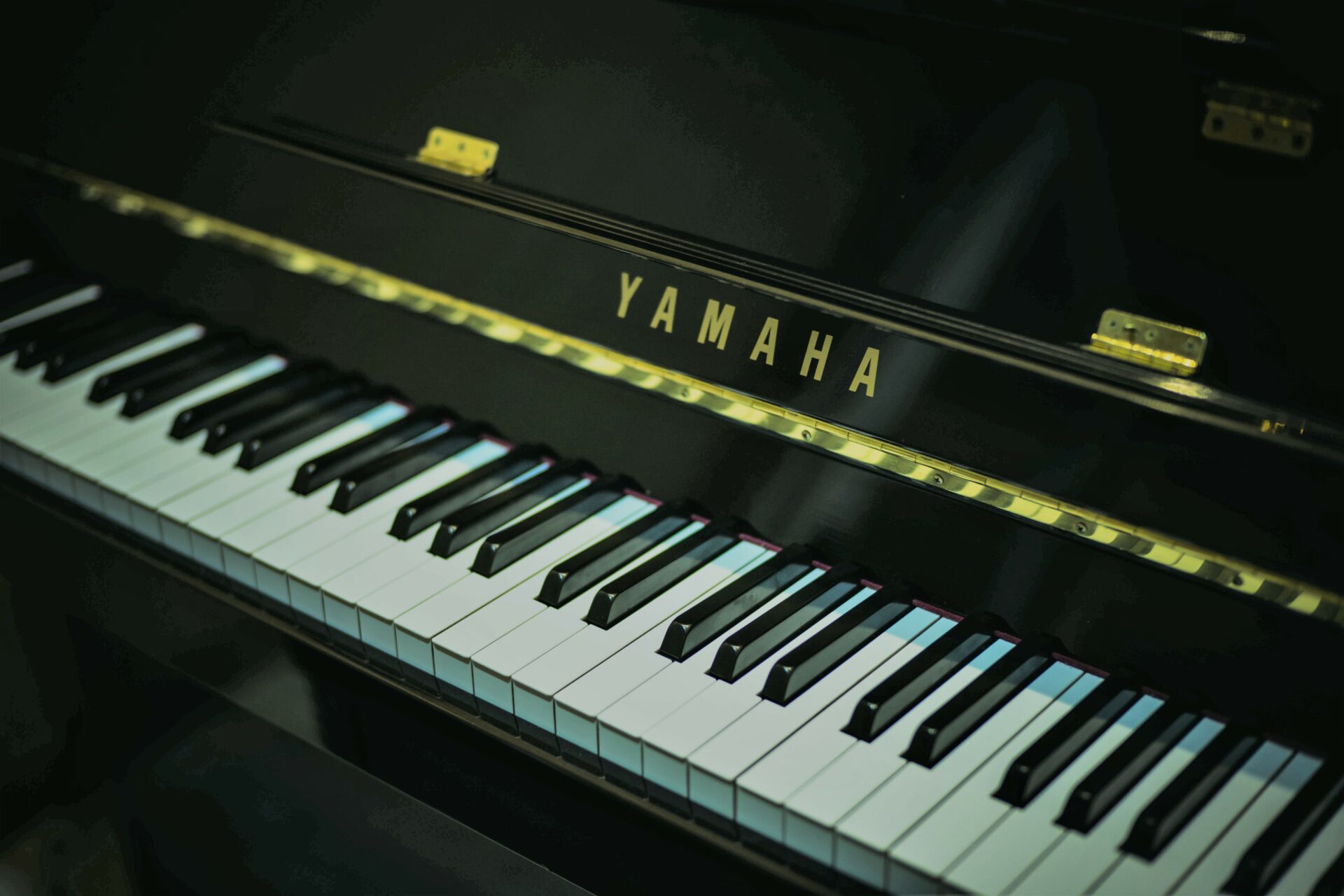Effects of practising on electronic piano
Effects of practising on electronic piano
Effects of practising on electronic piano
WKMT and Juan Rezzuto have released an article on this matter that clearly speaks about the pros and the cons of practising on a digital piano. We strongly recommend you to read and comment it.
Practising on a digital piano has been long stigmatized as the worst sin amongst pianists. With all new developments, digital pianos have experienced a great deal of resistance from traditional performers and maestros. But are they actually as negative for performers as everyone is claiming?
Practising on a 100% reliable instrument is fundamental when we are in the process of setting up a piece from the scratch. A digital piano fosters a very good habit: practising without pedal. An acoustic piano enhances the sound so much when we use the pedal that we struggle to resist the pull towards embellishing our performance by using it. As opposed to the latter, digital pianos offer a rather poor emulation of the effect of the pedal. This conveniently encourages the use of this device.
It is also quite remarkable the fact that digital pianos don’t need regular tuning. Practising on a piano that is out of tune can be truly prejudicial to our development and our aural skills. One of the greatest skills of the pianist is represented by their intellectual tuning. As pianists, we are used to listening to all notes perfectly tuned. This fact forges the strongest tuning sense amongst musicians.
It also helps beginner pianists to remain on a healthy instrument ladder. Acquiring a superlative piano when we are still making our first steps into the art of piano performing can prove to be highly prejudicial. As with anything else in life, it is important to make an effort and deserve what we get. the quality and, sometimes, the size of the piano should evolve together with our skill.



